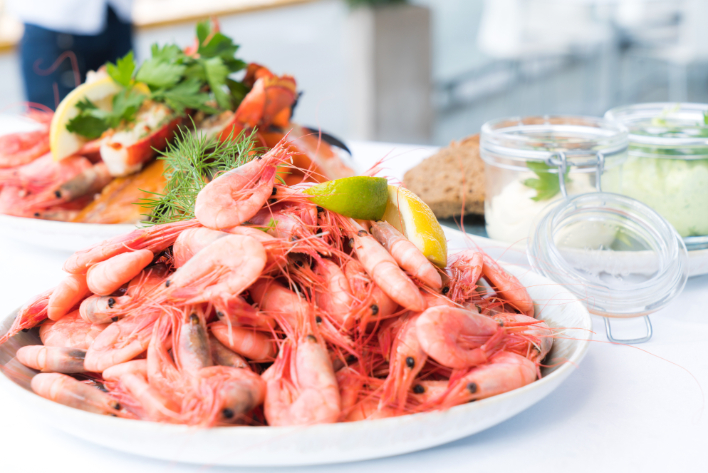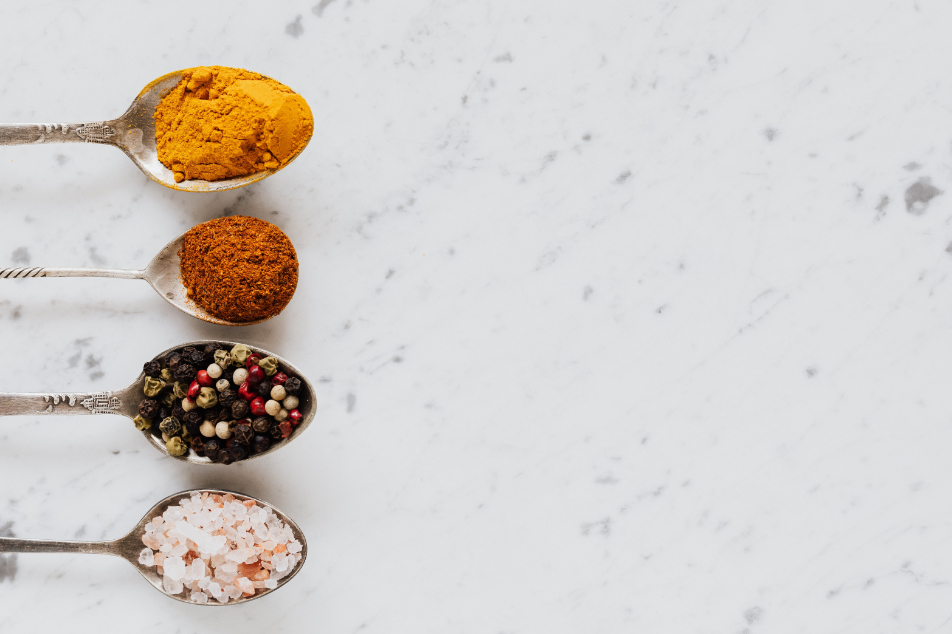
Prawns: The Food That’s So Nutritious, It’s Shrimp-ing With Health Benefits
The giant tiger prawn (Penaeus monodon) is the largest species of prawn. It can grow up to 30 centimeters long and weigh up to 3 kilograms. The giant tiger prawn is found in tropical and subtropical waters around the world. It is an important commercial species of seafood.
Sure, here is an informative paragraph for “prawns”:
Prawns are a type of crustacean that is closely related to shrimp. They are found in both fresh and saltwater habitats around the world. Prawns are typically about 2 to 6 inches long, but some species can grow much larger. They have a long, slender body with a hard exoskeleton and ten legs. Prawns are filter feeders, which means that they eat small plankton and other organisms.
Prawns are a popular seafood that is eaten in many parts of the world. They are often used in dishes such as shrimp scampi, prawn cocktail, and prawns with garlic butter. Prawns are a good source of protein and omega-3 fatty acids. They are also a good source of vitamins and minerals, such as vitamin B12, phosphorus, and selenium.
Prawns can be farmed or wild-caught. Farmed prawns are typically raised in tanks or ponds, while wild-caught prawns are caught in the ocean. Farmed prawns are often considered to be more sustainable than wild-caught prawns, as they do not require as much fishing gear or fuel.
Here are some of the health benefits of prawns:
- Good source of protein: Prawns are a good source of protein, which is an important nutrient for the body. Protein helps to build and repair tissues, and it is also important for muscle growth and development.
- Omega-3 fatty acids: Prawns are a good source of omega-3 fatty acids, which are beneficial for heart health. Omega-3 fatty acids help to lower blood pressure and cholesterol levels, and they also help to reduce the risk of heart disease and stroke.
- Other vitamins and minerals: Prawns are also a good source of vitamins and minerals, such as vitamin B12, phosphorus, and selenium. Vitamin B12 is important for red blood cell production, and phosphorus is important for bone health. Selenium is an antioxidant that helps to protect the body against damage from free radicals.
If you are looking for a healthy and delicious seafood option, prawns are a great choice. They are a good source of protein and omega-3 fatty acids, and they are also a good source of vitamins and minerals.
Benefits of eating prawns
-
Rich in Omega-3 fatty acids for heart health.
-
Rich in selenium that prevents cancer.
-
Can prevent Alzheimer and dementia.
-
Maintains good cardio vascular health.
-
Rich in calcium and vitamin E for healthy skin and bones.
-
Rich in proteins for maintaining body mass. Source: http://www.boldsky.com/health/nutrition/2011/health-benefits-prawn-080811.html
Drug interactions of prawns
-
NSAIDs found to have a synergistic effect in inducing anaphylaxis when taken with shrimps. Source: http://www.jiaci.org/issues/vol17issue02/8.pdf
-
Shrimps can interact with MAOIs. Source: http://www.ayahuasca.com/science/what-foods-and-drugs-need-to-be-avoided/
-
Shrimps can cause allergic reactions in susceptible individuals. Source: http://www.webmd.com/allergies/news/20040713/seafood-allergies-common-adults
-
People allergic to shrimps can show similar reactions to glucosamine derived from shrimp. Source: http://www.healio.com/journals/ortho/%7B859d11bc-81e5-4fda-a4a6-815fc2c7519d%7D/implication-of-food-allergies-and-intolerances-on-medication-administration
-
Shrimps can interact with Ribavirin. Source: http://www.webmd.com/drugs/drug-92551-antacid++pain+relief+oral.aspx?drugid=92551&drugname=antacid+%26+pain+relief+oral&dmid=112&dmtitle=salicylates/antidiabetics,%20oral&intrtype=drug&pagenumber=9
-
Shrimp paste can interact with isoniazid. Source: http://www.rxlist.com/isoniazid-drug/patient-avoid-while-taking.htm
-
Shrimps can interact with anti-neoplastic and anti-parkinson drugs. Source: http://www.rxlist.com/isoniazid-drug/patient-avoid-while-taking.htm
Health conditions to avoid prawns
-
Pregnant women should avoid un-cooked prawns. Source: http://www.nhs.uk/conditions/pregnancy-and-baby/pages/foods-to-avoid-pregnant.aspx#close
-
People with gout should avoid prawns Source: http://www.betterhealth.vic.gov.au/bhcv2/bhcarticles.nsf/pages/Arthritis_and_diet
-
People allergic to shrimp should avoid it. Source: http://www.webmd.com/allergies/news/20040713/seafood-allergies-common-adults
-
People with high cholesterol should avoid prawns. Source: http://www.abc.net.au/health/talkinghealth/factbuster/stories/2012/02/07/3407018.htm
Photo by Terje Sollie: https://www.pexels.com/photo/boiled-shrimps-566344/
NOTE: The information on this website is for educational purposes only and is not intended to replace the advice of a qualified medical professional. If you have any questions or concerns about your health, please consult a doctor. We do not endorse any specific products or treatments, and we do not claim to cure or treat any medical conditions. The information on this website is based on our own research and experience, and we cannot guarantee its accuracy or completeness. View the full disclaimer here


